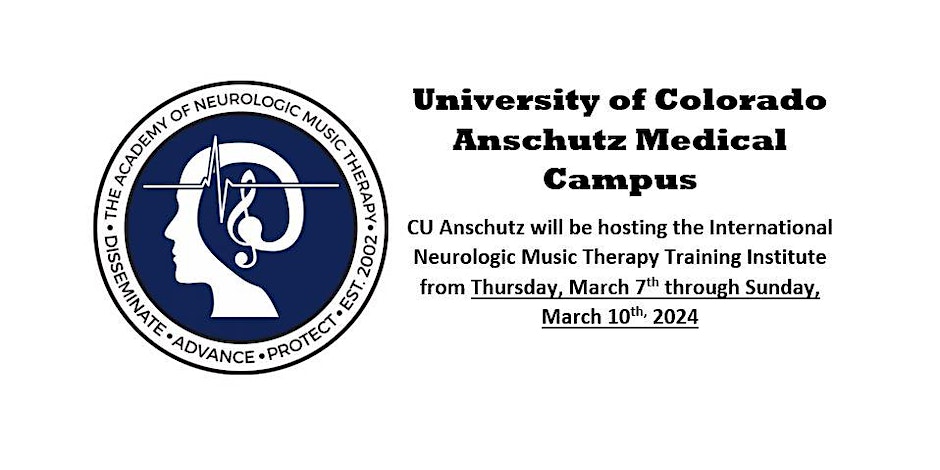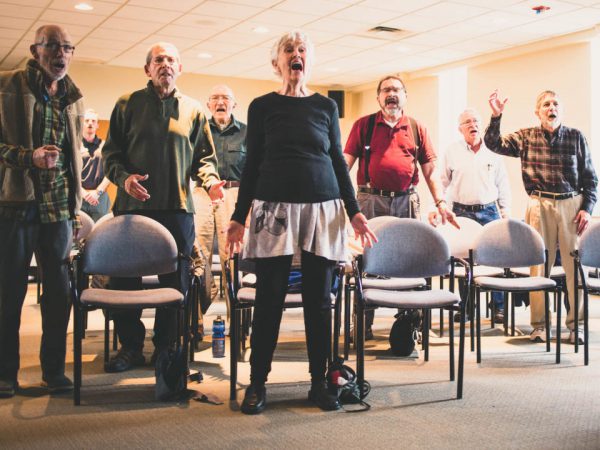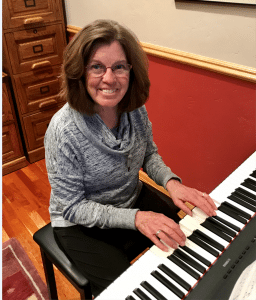In November 2023, we were pleased to welcome Hamada Alzoubi join our team. Hamada finished his PhD at Kent State University. For his post-doctoral project, Hamada will study the relationship between slow-wave sleep and cognition in patients with mild TBI.
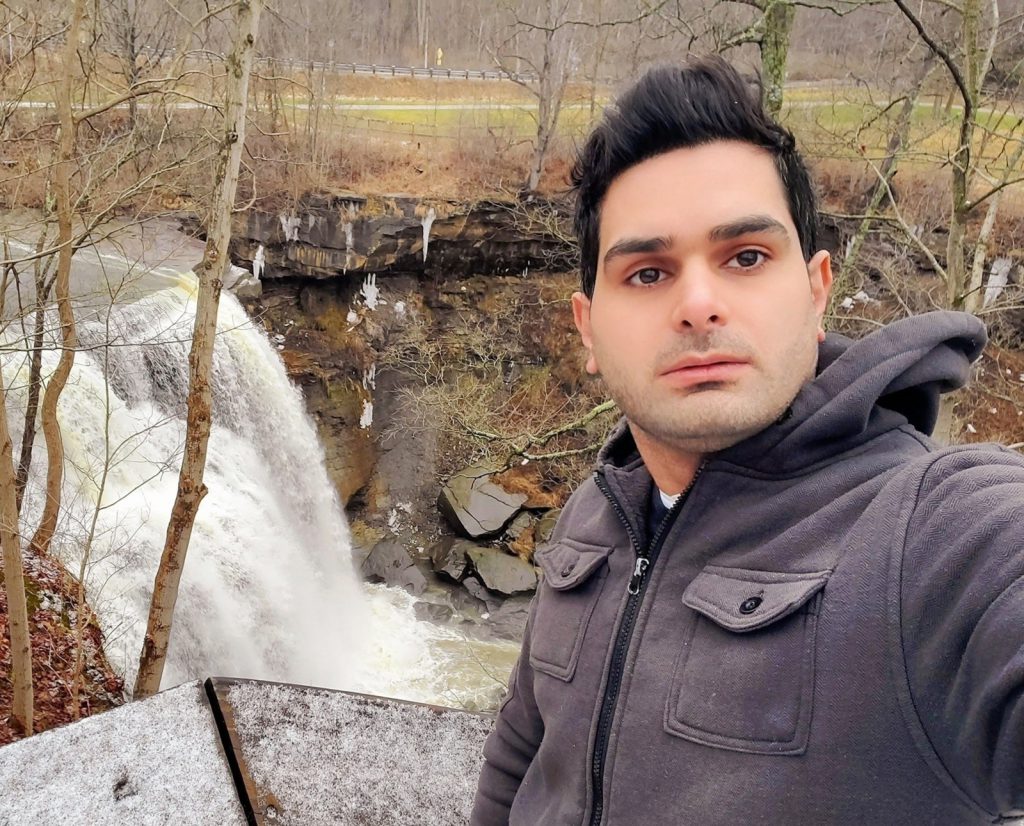
Recently featured in an article on Drug Discovery News, Dr. Buard discusses her and her teams’ work on the music therapy research for fine motor control in Parkinson’s disease.
Read more here!
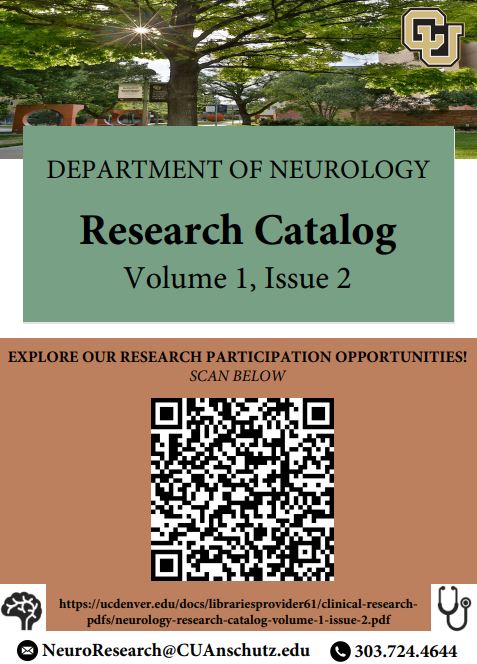
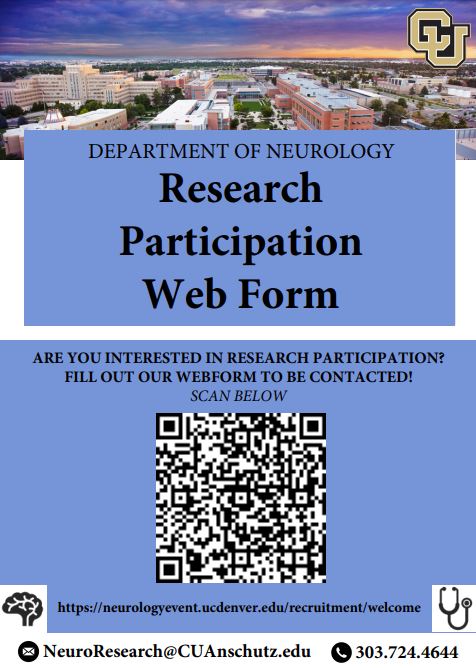
Clinical TMS Society Annual Meeting 2023
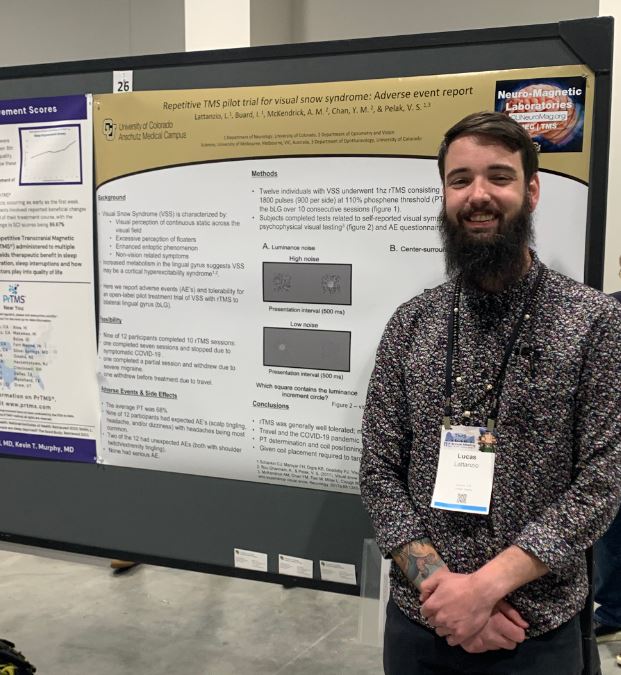
Our lab manager, Lucas, recently attended the clinical TMS society PULSES training course and the annual meeting where he presented on our pilot study exploring the use of rTMS for Visual Snow Syndrome. Lucas has seen this study through since its start in 2019 and couldn’t have been more excited to share with the TMS community.
Posted 9May2023
First Person Report: Taking Part in a Clinical Trial (2016)
Pascal Massie
I must confess that I was apprehensive about meeting Dr. Isabelle Buard. She works for the Department of Psychiatry at the Anschutz medical campus at the University of Colorado, and it was reasonable to assume that, while I had been successful so far at fooling most people into believing I was a sane and rational being, I stood little chance before an expert. Fortunately, I knew she was French (same as me) and, in anticipation of any possible misunderstanding, I hid a wedge of brie and a croissant under my coat. As soon as we were alone I put my offering before her. Isabelle was visibly pleased and she directed me to a room with a bed. For a second, I thought it could get interesting, but I was quickly disabused when she mentioned that she was into my brain – something no one had ever told me before.
I would be helping with a pilot study on comparing a function of brain activity – sensory gating — between people with and without Parkinson’s disease. Sensory gating (or filtering) is the process where the brain filters out redundant or unnecessary stimuli from all possible environmental stimuli. In some mental disorders, disruptions in sensory gating have helped to understand brain dysfunction in other mental disorders, but has not yet been investigated in PD. This study could have been designed for me! I had sat through entire committee meetings full of unnecessary stimuli! As for redundant information, twenty-plus years of grading freshman papers had made me a veritable expert. After taping various electrodes to my scalp (an odd sensation, but not uncomfortable), Isabelle demonstrated her wry sense of humor by telling me to “just relax” while they scanned my brain. To create a sense of reassuring comfort, they had a picture of Nemo on the ceiling.
For the next hour it felt like someone was knocking on my head as if to say: “let me in!” On the other side of the door, computers were taking various measurements while Isabelle supervised. However, I had found Nemo and we bonded over the next hour. Finally, the test was over, the door opened, and Isabelle observed that after having scanned every corner of my brain she could confidently report that there was “ nothing up there.” The staff are warm and friendly, the cafeteria serves good food and coffee, and I got to bask in the glow of doing good for very little effort – what more could one ask? While it may seem daunting to travel to the medical campus, nothing could be easier. Buses run there and back all day from Boulder, and with the new Flatirons Flyer, you can travel quickly, safely, and in great comfort (these buses are more like luxury coaches than your typical bus).
All in all, a great experience.
Pascal Massie is an Associate Professor of Philosophy; and Director of the Graduate Program at Miami University at Oxford, Ohio. His areas of expertise include Ancient Philosophy, Medieval Philosophy, and Contemporary Continental Philosophy. He is married to Lauryn Mayer, Regional Director and certified instructor with the Parkinson’s Network. Pascal participated in this clinical trial while on semester break.
Posted 18April2023
New Funding: Department of Defense funding to investigate “Emotioal Dyscontrol in Veterans with Extended History of Mild Traumatic Brain Injury and Upright Balance Control and Auditory Sensory Processing Contributions”. This 3 year project sets out to begin in the summer of 2022 and furthers collaborative mTBI research between the Marcus Institute for Brain Health and the CU Neuro-Magnetic Laboratories.
New Appointment: Dr. Buard appointed Associate Director of Research, Movement Disorders Center. More information can be found here.
New Funding: CU Neurology Intradepartmental grant awarded (PI: Buard) to investigate the relationship between cortical sleep patterns disruption after traumatic brain injury and sleep and memory systems.
Learning opportunities with the CU Neuro-Magnetic Lab:
April Fineberg, an undergraduate student from Regis University, joined our lab to explore frontal gamma band modulation in people with Parkinson’s disease.
COVID19 Update June 1st, 2021
- If you are vaccinated:
- Fully vaccinated visitors are allowed on campus in all areas and do not need to complete the daily health questionnaire, wear masks, or observe physical distancing – with the exception of clinical environments and indoor events of more than 45 people, where masks are required at all times regardless of vaccination status; and in conference rooms, when attendance exceeds the approved posted COVID-capacity.
- If you are unvaccinated:
- Unvaccinated individuals may visit campus but must complete the daily health questionnaire, remain masked at all times (unless outdoors and able to safely keep 6 feet or more from others), and observe physical distancing indoors and outdoors on campus.
Neurologic Music Therapy Training
February 2020
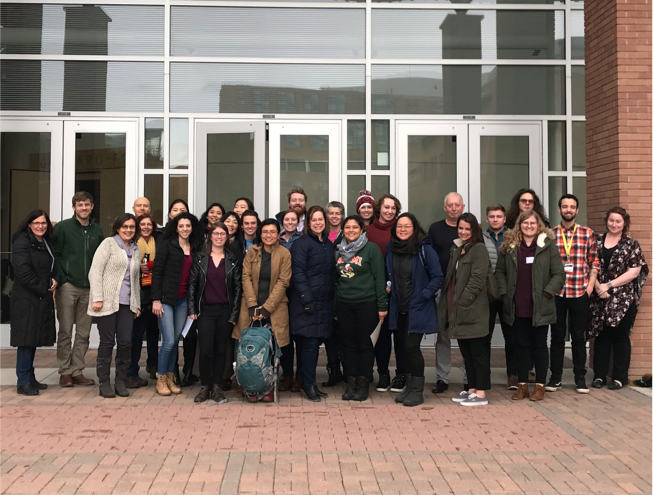
More information about neurologic music therapy can found here.


